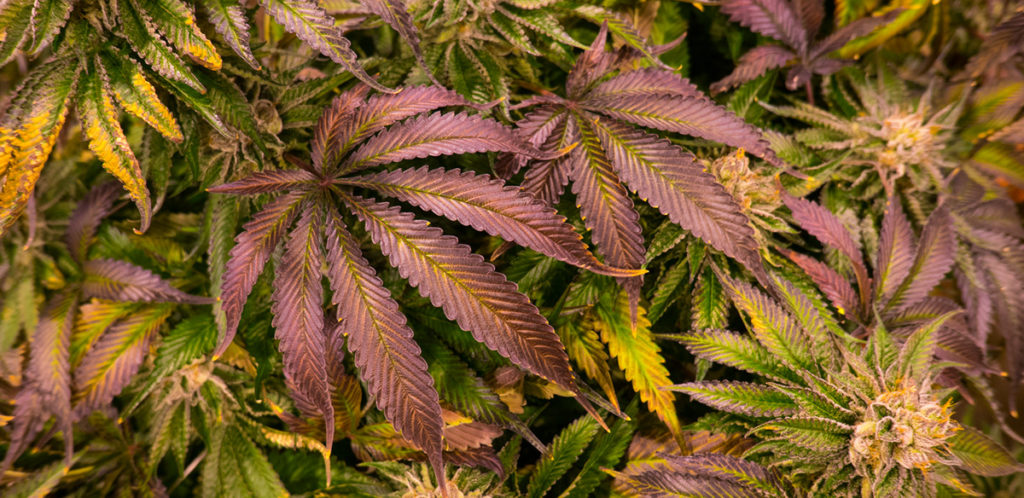NJ Marijuana Legalization to get “one more run”, Lawmakers Say
The last attempt by the state of New Jersey to legalize recreational marijuana collapsed in March 2019, when NJ Governor Phillip Murphy failed to amass enough support for NJ S2703 despite a central campaign totaling over a month in length. After the defeat, Mr. Murphy told reporters that he was “disappointed” with the results. “Justice may be delayed,” he said, “but justice will not be denied.”
And after a month’s worth of silence, it seems that several NJ legislators are attempting to re-ignite the movement. Yesterday, Senate President Stephen Sweeny (D-Gloucester) told NJ Advance Media that he’s still very interested in Gov. Murphy’s efforts.
“I would love to do it,” said Sweeny. “We’ll make one more run at it.”
In the campaign’s last failed outing, Murphy used NJ’s unusually high arrest rate for Marijuana use and possession to argue for the legalization of the drug. These arrest rates have soared since legalization, rising to 36,700 people in the year of 2016 – more than any other state.
Murphy argues that possession and use arrests are occupying far too much time for NJ law enforcement, who would do better being able to focus on keeping the streets safe and tracking down sources of more dangerous substances such as heroin. He also pointed out significant racial disparities within those arrests, suggesting that the drug’s criminalization is being conducted unfairly and encouraging prejudice.

The bill’s opposition included Sen. Shirley Turner (D-Mercer), Sen. Ronald Rice (D-Essex), Sen. Fred Madden (D-Gloucester), who had been firmly against legalization since the campaign’s inception. Other legislators, such as James Breach (D-Camden), withdrew their support more recently.
Those against legalization cited the troubling data from states experienced with legal pot. For example, legislators pointed to the SAMSHA National Survey on Drug Use & Health’s table on annual marijuana use, separated by age group. According to the survey, underage marijuana use was 55.7% greater in 2017 than it was pre-legalization.
In addition, opponents called into question Murphy’s claims that legal pot would help right racially-skewed arrest numbers. Data on Colorado appears to support these claims; In association with the Drug Policy Alliance in New York, Professor Jon Gettman (PhD) of Shenandoah University gathered statistics (–) concerning the state’s arrest records post-legalization. Gettman’s report suggests that, despite the total number of marijuana-related arrests being cut in half post-legalization, the racial disparities have remained constant, with black arrests still roughly doubling white arrests.
The specifics of this revival remain under wraps. However, lawmakers have mentioned plans to attempt to call the drug’s legalization to a public vote in 2020. And according to the Monmouth University Polling Institute, 62% of New Jersey citizens support its legalization – up from 48% just five years prior. A majority vote on the 2020 referendum would see public legalization being deployed in NJ no earlier than 2021.
Written by: Joseph Detrano, CAS Science Writer
Disclaimer: The content is solely the responsibility of the authors and does not necessarily represent the official views of the Center of Alcohol & Substance Use Studies.
